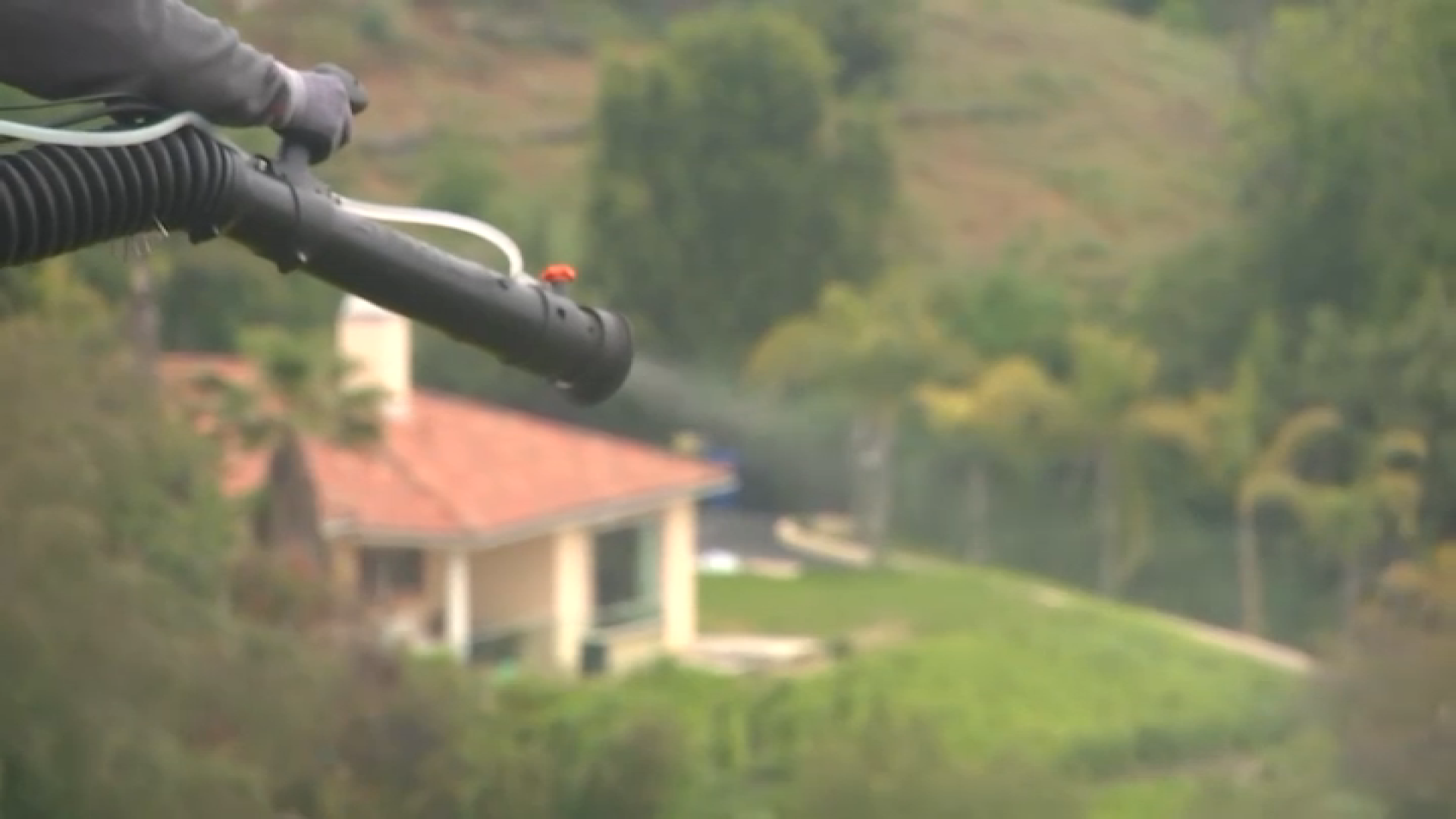As the U.S. ramps up its efforts to track various strains of the coronavirus, two new studies suggest that a California variant is spreading rapidly throughout the state.
“The California variant is now another one of these variants of concerns,” said Dr. Bruce Walker, an immunologist at Harvard Medical School.
The strain, known as B.1.427 and B.1.429, was discovered by two separate research teams earlier this year. While studies are still in the early stages, medical experts say it can't be ignored.
“It may replicate at higher levels,” Walker said. “Another thing that was found is that it may be more transmissible, more able to infect cells, and it may be slightly less recognizable by antibodies.”
Get San Diego local news, weather forecasts, sports and lifestyle stories to your inbox. Sign up for NBC San Diego newsletters.
Walker is referring about the findings in a study by UC San Francisco researchers.
According to the report, the California strain could possibly be more damaging to the body. Samples for the study were collected from around the state and include ones taken from hospital patients and nursing home residents.
NBC 7 reached out to the lead researcher of the study, Dr, Charles Chiu, but he declined to comment.
Local
A second study by the university looked at samples from a smaller group.
“We took a deep dive and did a community-based testing project here in San Francisco, in our Mission District,” said Dr. Joe Derisi, professor of biochemistry and biophysics at UC San Francisco.
In that study, researchers found that the California strain was predominant, but the rest of its findings didn't match Chiu's.
“We saw no difference in viral loads between the West Coast variant or the non-West Coast variant,” Desiri said. “We looked at whether the people with the California variant had different symptoms than those with a different variant, and we saw no difference there, either."
Neither study has yet been published in a scientific journal, but Walker, who is impartial to both studies, said he doesn't believe the new variant is any more dangerous than the others.
“This is not the superstrain, the superduper virus that we’re all worried may eventually evolve," Walker said.
Walker believes there are a lot of variants posing similar threats that simply haven't been identified yet.
“The more people we can immunize and the fewer chances we give the virus to infect people and find new ways to mutate, the better off we'll be,” Walker said.
Despite the virus changing, the way to protect yourself has not: Mask up, socially distance and wash your hands.



